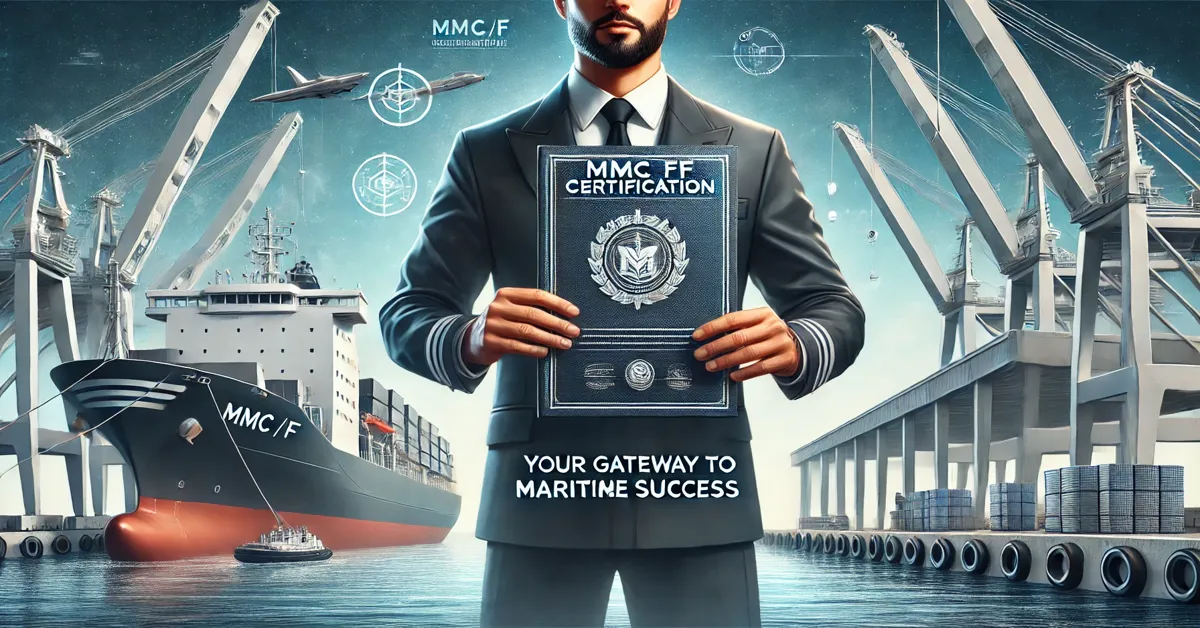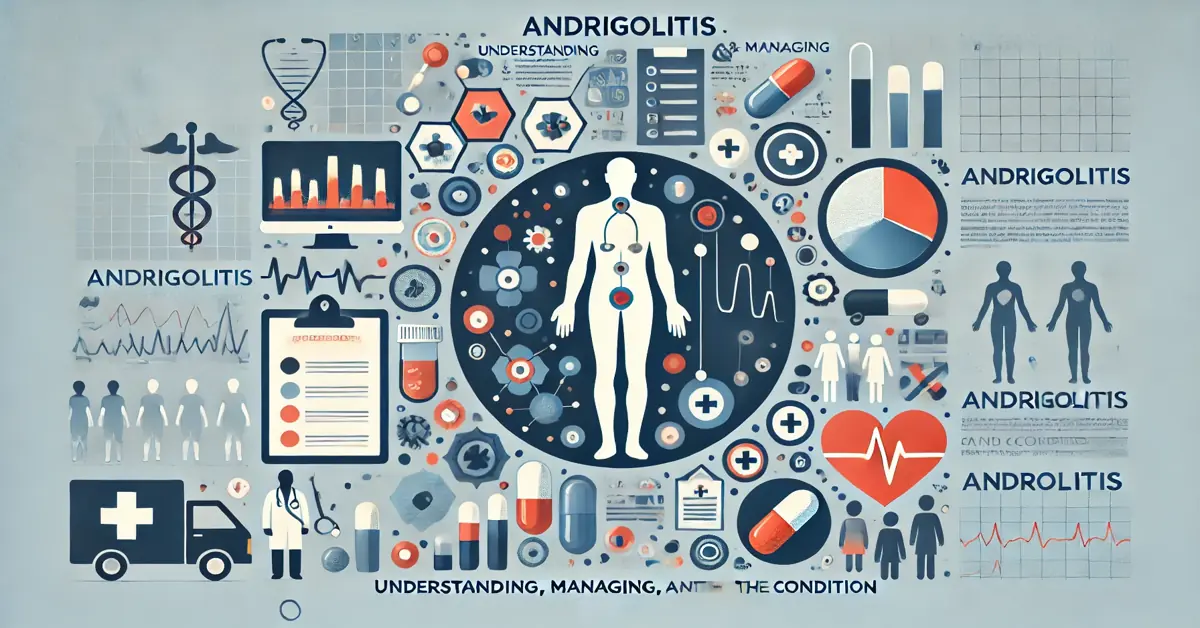MMC (F), or Marine Medical Certificate (F), is a crucial qualification for individuals working in the maritime industry. In an industry where safety, health, and well-being are paramount, the MMC (F) serves as a legal document verifying that a seafarer is medically fit to carry out duties at sea. This certificate ensures that those who work on vessels are in good health and can safely perform the tasks required of them, protecting both the individual and their fellow crew members from risks related to medical issues that could arise during voyages.
This article will take a deep dive , discussing what it is, why it’s important, the process of obtaining the certificate, and how it affects the careers of maritime professionals. We will also cover the essential requirements, legal aspects, and tips for successfully passing the necessary medical examinations. Lastly, we’ll address common questions surrounding MMC (F) to help provide a clear understanding of this important qualification.
What is MMC (F)?
The Marine Medical Certificate (F), abbreviated as MMC (F), is a mandatory medical certificate for individuals working on commercial ships, offshore vessels, and other maritime environments. It verifies that the holder is physically and mentally fit to perform the duties required in a maritime setting. The “F” in MMC (F) stands for “Fitness,” underscoring the fact that this certificate is designed to ensure that a seafarer’s health does not pose a risk to themselves, their colleagues, or the vessel while at sea.
Importance of the MMC (F)
- Health and Safety Compliance: Working at sea is physically demanding and mentally challenging, and the isolation from quick access to medical services means that health issues could lead to serious consequences. The MMC (F) ensures that seafarers meet the health standards necessary to mitigate risks while at sea.
- Legal Requirement: Many countries mandate that seafarers hold a valid MMC (F) before they can be employed on a vessel. This is particularly true in industries such as commercial shipping, offshore oil and gas operations, and fishing, where safety is a top priority.
- Insurance and Liability: Employers in the maritime industry often require MMC (F) for insurance and liability purposes. Should an incident occur, employers can demonstrate that the crew member had been certified as medically fit, potentially reducing legal and financial liabilities.
- Emergency Preparedness: Seafarers often work in remote locations where access to medical facilities can be limited. If an emergency situation arises, the crew must be able to depend on each other. Having a medically certified workforce ensures that medical emergencies can be managed as efficiently as possible.
How to Obtain MMC (F)
Obtaining the MMC (F) requires seafarers to go through a medical evaluation conducted by a certified medical practitioner. The process involves a series of tests and examinations that assess the individual’s physical and mental health. The following sections outline the step-by-step process to obtain the certificate.
Step 1: Find a Certified Medical Practitioner
The first step in obtaining an MMC (F) is to locate a certified medical practitioner authorized to conduct marine medical exams. It’s essential to find a doctor who is approved by the relevant maritime authority in your country, as only these professionals can issue a valid MMC (F). The maritime authority will typically have a list of certified practitioners available on its website.
Step 2: Medical History Review
During the medical examination, the practitioner will first review your medical history. This includes:
- Any previous illnesses or injuries that could affect your ability to work on a vessel.
- Current medications or ongoing treatments.
- Family medical history, which may reveal any genetic predispositions to conditions that could affect your fitness to work at sea.
It is crucial to provide accurate and detailed information about your medical history to ensure a thorough and valid examination.
Step 3: Physical Examination
The physical examination is a key part of the MMC (F) evaluation. It will typically involve the following:
- Vision Test: Seafarers need to have good eyesight, as their ability to navigate and operate equipment safely is vital. The test will measure visual acuity, peripheral vision, and color vision to ensure that the candidate can perform tasks such as reading navigation charts, signals, and handling equipment in various lighting conditions.
- Hearing Test: Seafarers must have good hearing to be able to communicate effectively, particularly in noisy environments such as engine rooms. A hearing test will determine whether you meet the required standards for working in a maritime setting.
- Cardiovascular Health: The doctor will check your heart rate, blood pressure, and overall cardiovascular health to ensure that you can handle the physical demands of working on a ship. Any issues related to heart health, such as high blood pressure or arrhythmia, may disqualify you or require further examination.
- Respiratory Health: Working on vessels can expose seafarers to varying environmental conditions, including humidity and temperature fluctuations. Ensuring respiratory health is critical for performing tasks effectively in such environments.
- Musculoskeletal Fitness: The maritime industry often involves heavy lifting, climbing, and working in confined spaces. Your musculoskeletal system will be evaluated to determine if you can perform physical tasks without risk of injury.
- Mental Health Evaluation: The ability to maintain good mental health is vital in the maritime industry due to the isolated nature of the work. The mental health evaluation will check for signs of depression, anxiety, or other conditions that could impact your performance.
Step 4: Lab Tests and Screenings
In addition to the physical examination, lab tests are typically required as part of the MMC (F) evaluation. These may include:
- Blood Tests: Blood work may be conducted to check for any underlying conditions, such as diabetes or high cholesterol.
- Drug and Alcohol Testing: Many maritime authorities require drug and alcohol screenings as part of the medical certification process to ensure that crew members are not impaired while on duty.
- Chest X-ray: A chest X-ray may be required to assess lung health and rule out conditions like tuberculosis or other respiratory ailments.
- Urinalysis: A standard urinalysis may be used to check for kidney health and other potential health issues.
Step 5: Certification and Validity
Once you have completed the medical exam and passed all the required tests, the certified medical practitioner will issue your MMC (F). The certificate will typically be valid for two years, though in some cases, it may need to be renewed annually if there are specific health concerns or if you are working in high-risk environments.
Requirements for MMC (F)
There are several general requirements for obtaining an MMC (F), though specific standards may vary depending on the country and maritime authority overseeing the certification. Common requirements include:
- Age: Most maritime authorities require seafarers to be at least 16 or 18 years old to obtain an MMC (F), depending on the type of vessel and duties.
- Physical Fitness: As mentioned, the individual must be in good physical health to perform the tasks required at sea, including manual labor, navigation, and emergency response.
- Mental Health: Individuals must demonstrate good mental health, with no conditions that could impair their ability to work safely and effectively in a maritime environment.
- Medical History: Certain pre-existing conditions, such as heart disease, diabetes, or epilepsy, may disqualify a person from obtaining an MMC (F) or require additional medical clearances.
Challenges and Common Issues in Obtaining MMC (F)
While the process of obtaining an MMC (F) is straightforward, there can be challenges for some individuals. Some of the most common issues include:
1. Pre-Existing Medical Conditions
Individuals with pre-existing medical conditions, such as heart disease, diabetes, or respiratory issues, may face additional hurdles in obtaining an MMC (F). In some cases, the condition may require further medical evaluation or additional clearances. For instance, a person with controlled diabetes might need to provide evidence of their condition’s stability and show that it will not interfere with their duties.
2. Failing the Physical Examination
Failing any part of the physical examination—whether it’s the vision test, hearing test, or cardiovascular assessment—can prevent someone from receiving their MMC (F). In many cases, remedial action can be taken (e.g., obtaining prescription eyewear or improving cardiovascular health) to address the issue before retaking the exam.
3. Mental Health Concerns
Mental health is just as important as physical health in the maritime industry. The stressful and isolated nature of life at sea can exacerbate mental health conditions. A history of depression, anxiety, or other psychological issues may complicate the certification process. However, many maritime authorities are willing to work with individuals to ensure they receive the support and care they need to manage their condition safely.
4. Documentation Errors
It’s not uncommon for seafarers to encounter administrative issues during this application process, such as incomplete paperwork, missing documents, or incorrect information. It’s important to ensure that all documentation is accurate and complete before submitting your application to avoid delays.
The Role of MMC (F) in Career Development
Holding a valid MMC (F) is not only a legal requirement for working in the maritime industry, but it also plays an important role in career development. Having an up-to-date medical certificate demonstrates to employers that you are fit and ready to perform your duties at sea. It can also help you stand out in a competitive job market, as employers look for candidates who are qualified, reliable, and capable of handling the demands of life on a vessel.
Additionally, many advanced maritime positions, such as those in leadership or technical roles, require a valid this . Without the certification, seafarers may be limited in their career opportunities and unable to progress to higher-paying or more specialized positions.
Conclusion
The MMC (F) is a vital certification for anyone working in the maritime industry. It ensures that seafarers are physically and mentally fit to perform the demanding tasks required at sea, helping to maintain safety, health, and well-being on board vessels. By understanding the process of obtaining and renewing an MMC (F), maritime professionals can ensure they remain compliant with industry regulations and continue to pursue their careers at sea. Whether you are just starting out in the maritime field or are an experienced seafarer, maintaining a valid MMC (F) is essential for a successful and safe career in the industry.
FAQs About MMC (F)
1. What is MMC (F)?
MMC (F) stands for Marine Medical Certificate (Fitness). It is a mandatory medical certificate that verifies a seafarer is physically and mentally fit to perform their duties on a vessel.
2. How long is an MMC (F) valid?
The validity period for an MMC (F) typically ranges from one to two years, depending on the specific requirements of the maritime authority. After this period, the certificate must be renewed through another medical examination.
3. What happens if I fail the medical exam?
If you fail any part of the medical exam, you may be required to undergo further testing or treatment to address the issue. In some cases, you may be disqualified from receiving the MMC (F) if the condition is severe or cannot be managed at sea.
4. Can I work on a vessel without an MMC (F)?
No, most maritime authorities require all seafarers to hold a valid MMC (F) before they can work on a vessel. This ensures that all crew members are fit for duty and can safely perform their tasks.
5. Do I need an MMC (F) for every job in the maritime industry?
While not every job in the maritime industry requires an MMC (F), most roles that involve working on a vessel do. This includes positions in shipping, fishing, offshore oil and gas, and other maritime industries.
6. How do I renew my MMC (F)?
To renew your MMC (F), you must undergo another medical examination with a certified medical practitioner. The process is similar to the initial certification and involves a review of your medical history, physical examination, and lab tests.









